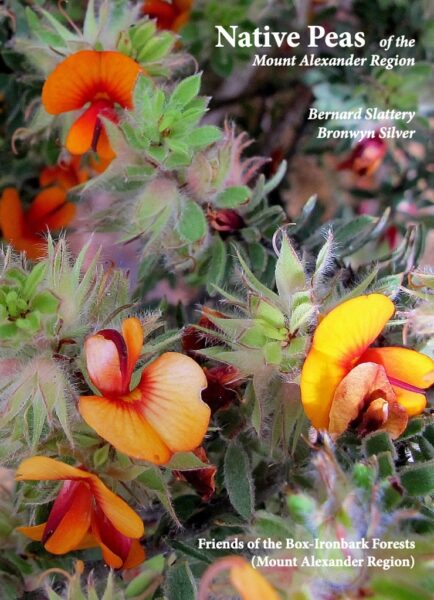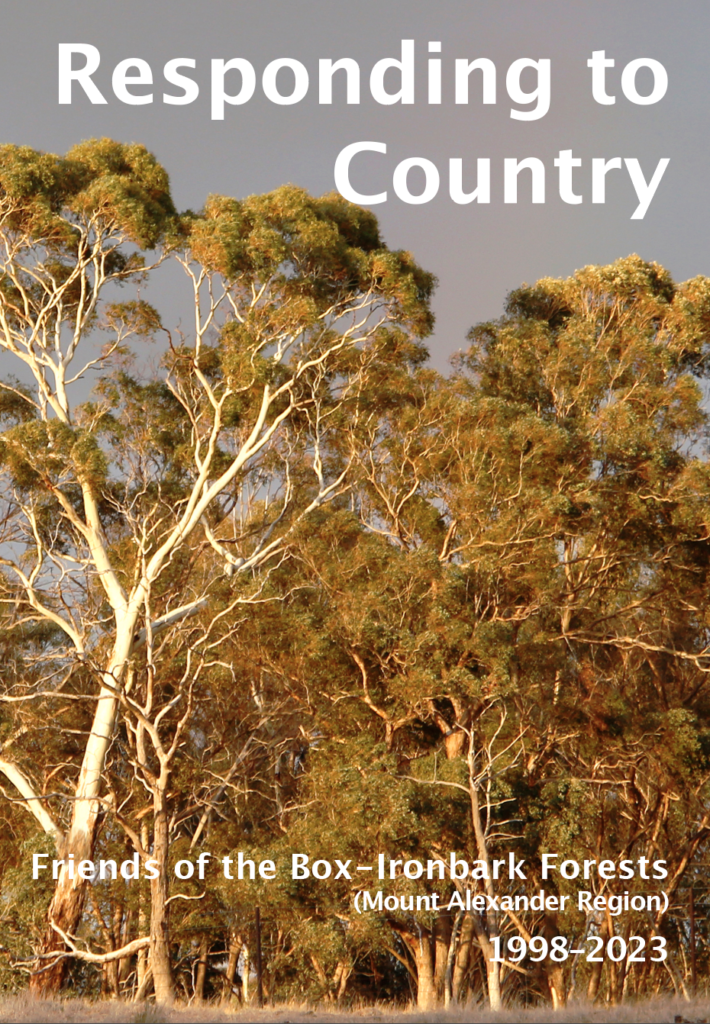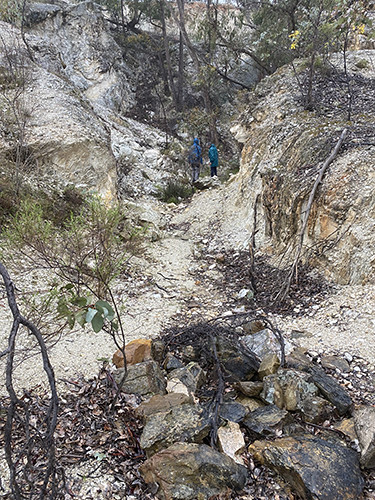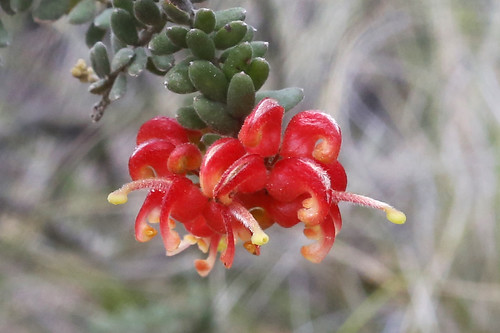Friends of the Box-Ironbark Forests (Mt Alexander Region) was formed in 1998 by people in the local community interested in working towards highlighting the significance of the Box-Ironbark Forests and Woodlands. There are over 100 members with a committee elected yearly at the Annual General Meeting.
You can find our constitution here.
We believe that the health of the land is intimately linked to its vegetation cover and the wildlife it sustains: that forests, soil and water are ‘an inseparable trinity.’ That’s why we work to encourage and support sound land management practices, on private and public land.
The Friends Exist . . .
To promote respect for Indigenous culture and understanding of Indigenous land management practices.
To work towards a common community approach to a healthy, sustainable and productive landscape through conservation of natural vegetation on public and private land in the Mount Alexander Region and in particular to:
- Promote understanding of the natural values of the Box-Ironbark forests and woodlands.
- To provide clear and practical information on the way climate change affects our bushlands, and how good management might increase natural resilience to climate stress.
- Provide a platform for community members, especially the younger generation, to come together, celebrate and encourage each other in learning about and sharing appreciation for our local natural and heritage values.
- Assist with the recovery of threatened species and the natural regeneration of bushland, with research, knowledge and resources.
- Support retention of roadside and remnant vegetation and rehabilitation of streamsides to provide wildlife corridors linking landscapes with high natural values.
- Work for strategic and statutory planning decisions to provide improved outcomes for the natural environment.
- Support a sensible approach to fire management, one which achieves community safety. without destroying the environment
To campaign for wise and effective management of the Parks, Reserves and State Forests of the region and to support the inclusion of more crown land in conservation reserves, and in particular to:
- Provide critical support for the management of the Castlemaine Diggings National Heritage Park, encouraging a balanced approach to cultural and natural values.
- Campaign for an adequate response to threats to our bushlands, including feral plant and animal invasions, off track bike riding and vehicle driving, destructive road works, illegal firewood collection, rubbish dumping and illegal prospecting.
Our current activities include:
- Defence of the Parks system against unwarranted attacks in the press and elsewhere.
- Constructively critical interaction with Park managers on a number of issues, including road management, the ecological effects of management burning, and weed control.
- Support for Connecting Country – landscape restoration across the Mount Alexander region, a project designed to clarify and advance the possibility of landscape restoration on a regional and state level.
- Preparation of submissions and appearance before planning panels and tribunals when appropriate.
- Sponsorship of and support for weed control and revegetation projects in our public bushlands, as appropriate.
- Conduct of monthly walks in local bushland, for recreation and education.
- Production of field guides highlighting local plants and animals.
- Provision of accurate and useful information on the local environment through fobif.org.au
We are associated with
- The Victorian National Parks Association
- Environment Victoria
- The National Landcare Network
- Connecting Country
Statement of Commitment
Friends of the Box Ironbark Forests (Mount Alexander Region) Inc. are committed to providing a child safe environment and being a Child Safe organisation in accordance with the Victorian Child Safe Standards.
Friends of the Box Ironbark Forests (Mount Alexander Region) Inc. will comply with Victorian Law by contacting the police in any instance that abuse toward children is suspected or witnessed.
The Box and Ironbark Forests and Woodlands
The forests and woodlands of northern and central Victoria characteristically consist of a canopy of Box and Ironbark trees over a rich shrub layer of wattles, grevilleas, hakeas and many grasses and small flowering plants. The nectar rich canopy in particular sustains birds such as honeyeaters and lorikeets as well as mammals like possums and gliders.
These forests once covered about 3 million hectares of the region. After 150 years of clearing, only 17% survives, and in this it is rare to find stands of mature trees. Though 72% of surviving forests are on public land, many good stands of Box Ironbark are on private land.
The biodiversity of the Box and Ironbark forests includes and maintains a unique and varied range of birds, mammals, reptiles, insects and plants—over 1500 different flowering plants have been recorded in the Box Ironbark region. However, numerous species have already disappeared and about 350 endangered plants and animals rely on these bushlands for their survival, including:
- Regent Honeyeater
- Swift Parrot
- Squirrel Glidder
- Carpet Python
- Barking Owl
- Turqoise Parrot
- Tuan
- Scented Bush-pea
- Maroon Spider-orchid


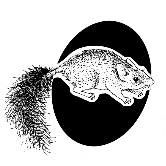
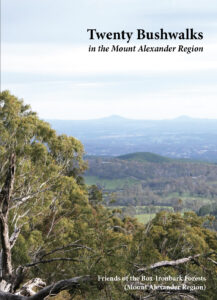
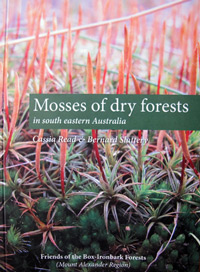 Click on image for info/order page
Click on image for info/order page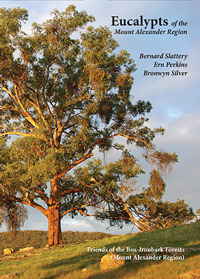 Click on image for info/order page
Click on image for info/order page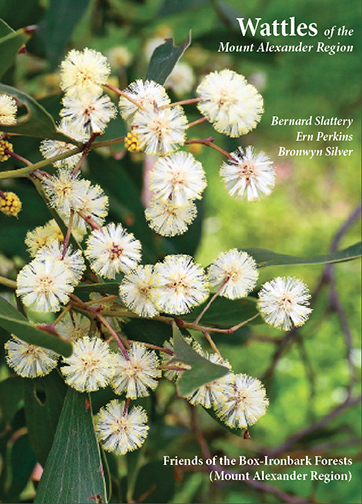 Click on image for info/order page
Click on image for info/order page